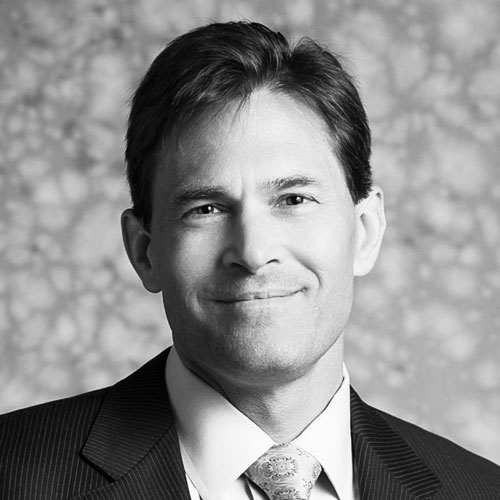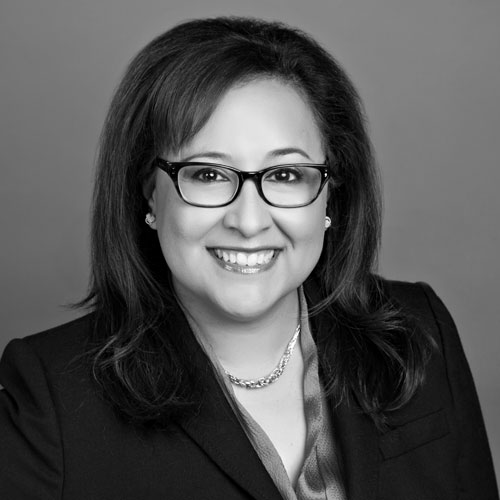How do we get doctors to work together for more efficient care, make it more affordable for hospitals, and get quicker and better outcomes for patients? Mike Dolister, CEO of ApolloMD, says it is all about accountability, something he has achieved by having physicians lead physicians at more than 120 practice groups.

ApolloMD is a physician-owned doctor group that specializes in emergency medicine, hospital medicine, anesthesiology, and radiology services across seventeen states, from the East Coast to California.
With one-third of full-time physicians as owners in addition to the opportunity for every full-time physician to buy in, Dolister says everyone who is making decisions has a stake in the outcomes for all of the doctors in the group.
“When we ask our physicians to do something, we are leading by example. We aren’t asking them to do anything we wouldn’t do ourselves,” Dolister says.
Every physician in the company still does clinical rotations and sees real patients, including Dolister. He flies back and forth from the group’s headquarters in Atlanta, Georgia, to Pensacola, Florida, for weekend shifts at Baptist Hospital, where he got his start.
Dolister received his undergraduate degree in biomedical engineering from Marquette University, went to medical school at the University of Wisconsin, and did his residency at Truman Hospital in Kansas City, Missouri, before serving in the Air Force for four years. He was stationed at Eglin Air Force Base in Florida where he worked in several hospitals, learning the ins and outs of what makes an emergency room work or not.
“My goal as a leader is to bring out the best in everyone and to let people operate at the top of their abilities. I try to be very collaborative and engaging.”
After his service, Dolister landed at Baptist Hospital where administrator Quint Studer took him under his wing. Studer went on to found Studer Group, a private healthcare consulting group that he sold to JMI Equity for $325 million in January 2015.
With Studer’s encouragement, Dolister started working his way up through hospital leadership and consulting. “It was never my idea to get into physician management,” Dolister says. “There was a system in place at Baptist that wasn’t very efficient. I just wanted to go in and make it easier for all of us to work and take care of patients.”
Dolister has been CEO at ApolloMD for nearly three years. He tries to read a new book each month on leadership or people development and says he wants to constantly be learning and improving his leadership and interactive skills.
He adds that his leadership style is less about him and more about those around him. “My goal as a leader is to bring out the best in everyone and to let people operate at the top of their abilities,” he says. “I try to be very collaborative and engaging.”
Those skills come in handy when ApolloMD is setting up a new contract. Dolister says they have a very specific implementation strategy.
Dolister travels around the country making the sales presentations with other members of his team to other hospitals and doctor groups. ApolloMD typically doesn’t go out and buy practices; rather it wins them over through sales, which helps it financially to have a very low debt-ratio.
“We get on the ground in the first twenty-four or forty-eight hours and meet all the physicians,” he says. “That way they don’t get nervous and start looking for other jobs. We believe that physicians, not recruiters, should hire physicians.”
Ownership is offered to every full-time physician in the group, but not required.
Having a doctor group like ApolloMD come manage physicians can save both the hospital and the patients time and money.
“We go in and help manage processes and have more resources than a single physician group would have,” Dolister says. “We put processes in place to get the patients through the system better, make their length of stay and waiting time less, and that immediately improves clinical quality as well.”
More streamlined processes foster better communication with the nurses, improve customer service for the patients, whose stays are shorter, more pleasant, and safer.
Another unique factor about ApolloMD is its pay structure, which includes performance-based compensation for all doctors.
A percent of doctor compensation is based on clinical quality parameters including federal quality standards, peer chart reviews, lack of written complaints, and teamwork. If a physician falls out on a quality parameter, the money gets redistributed to the physicians who are getting it right, Dolister explains. “We, the company, never want to benefit from suboptimal clinical quality,” he says. An additional component of compensation is based upon efficiency of clinical practice and good documentation.
“We are very much aligned with what is in the best interests of patient care,” he says.
For the future, Dolister says he hopes the group will continue to grow and may add new specialties. Ultimately, he says that ApolloMD will stay focused on its mission: “We are very much aligned with what is in the best interests of patient care.”

